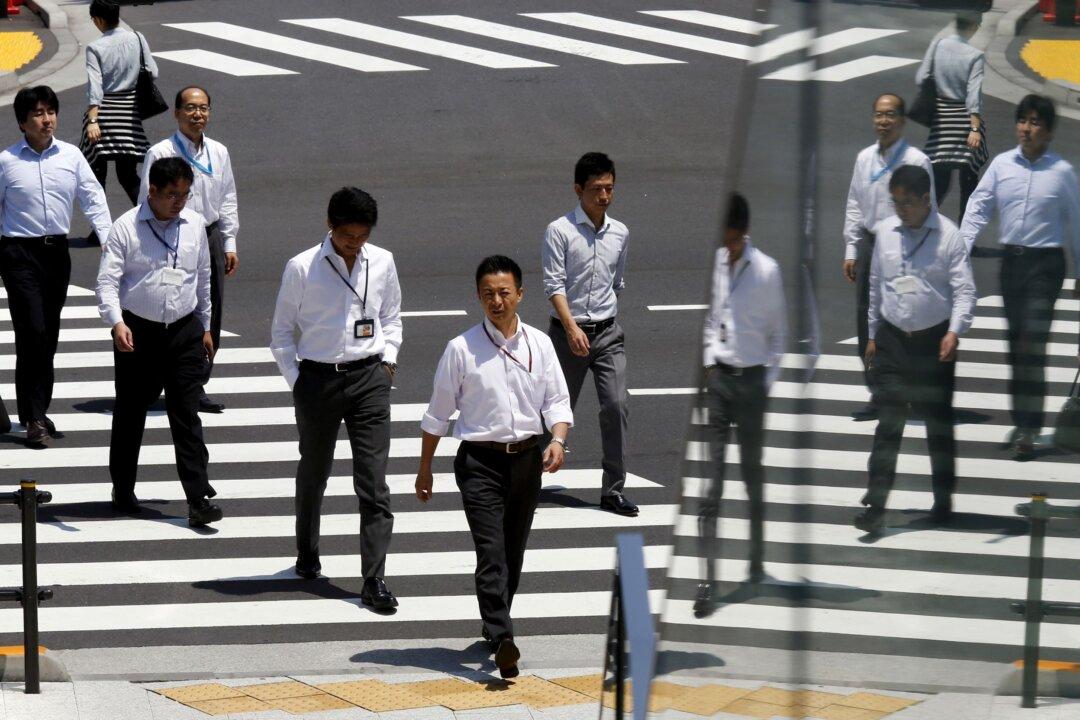More Japanese firms have shortened the working week to four days, instead of the typical five days, following the government’s annual economic policy guidelines that aim to improve the nation’s work–life balance.
Panasonic Holdings Corporation ADR was the latest company to adopt the four-day workweek, joining global bank Mizuho and Uniqlo operator Fast Retailing Co., local media Kyodo News reported May 3.





